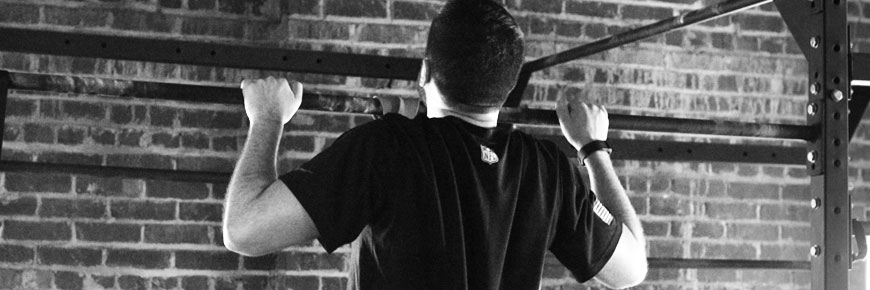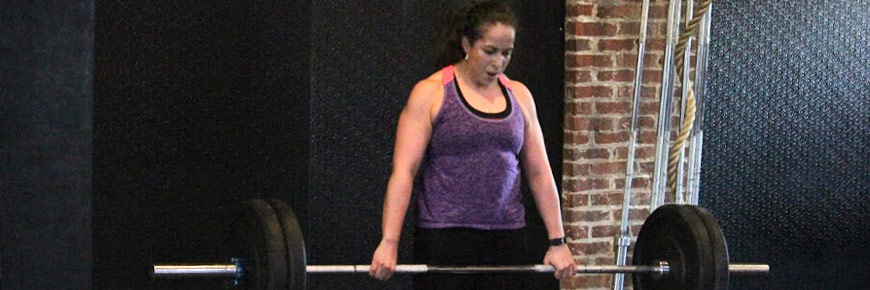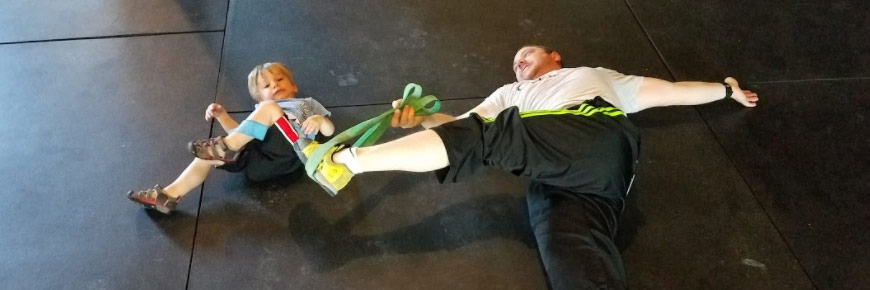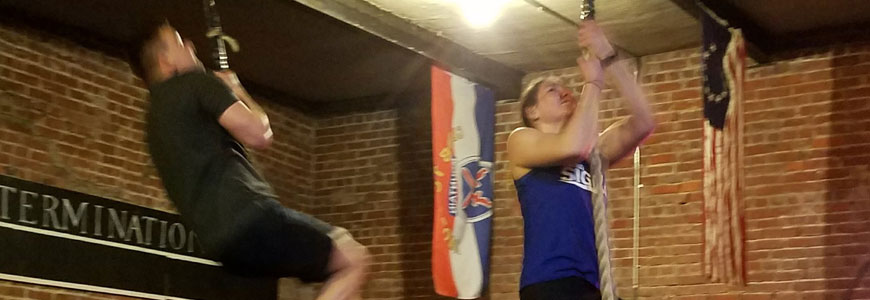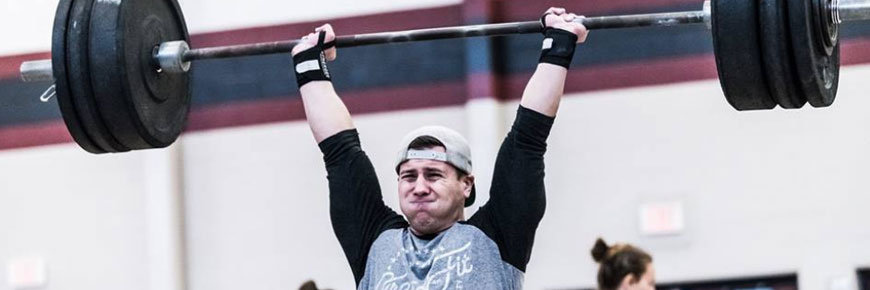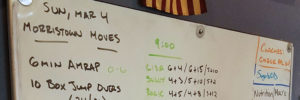STRENGTH
Deadlift: 1RM (re-test)
WOD
75 pull-ups
75 push presses (95/65)
75 back squats (95/65)
… 1 minute on, 1 minute off
HELPFUL INFO
If you’re trying to lose weight, it’s pretty cut and dry, right? Cut as many calories from your diet as possible. Unfortunately, it’s possible to eat too little, which not only makes it harder for you to achieve a healthy weight, but can also cause other health problems.
Everyone has a set amount of calories, or energy, they need to simply be alive. Consistently eating less than this can cause your metabolism to slow down and your body to begin preserving what it can to survive. Hunger and feeling full aren’t the only indicators of whether you’re fueling your body appropriately. In fact, if you aren’t eating enough consistently, you may notice some of these other signs as well.
1. You’re tired
Our bodies are fueled by the foods we eat, so if we don’t eat enough, our energy levels can also wane. Whether you’re skipping meals or limiting the types of food you eat, eating too few calories also means you’re taking in too few nutrients. Research shows you need all the macronutrients – carbohydrates, protein and fat – for sustained energy. That said, vitamins and minerals are also essential in regulating the production of energy. When you skimp on calories, it becomes much more difficult to get all these important elements your body needs to function properly.
2. You’re crank
Feeling more irritable than normal can be another key indicator you aren’t supplying your body with enough fuel to get through the day. Skimping on carbohydrates can be particularly problematic when it comes to mood stabilization. Without enough carbs, your blood-sugar levels may dip too low because the body doesn’t have enough sugar, or glucose, to use as fuel.
3. You’re constipated
To help preserve energy, your digestive tract may move food through your system more slowly when you restrict your intake below what your body needs for an extended period of time. This can cause constipation. In addition, not getting enough fiber regularly — which is challenging to do even when you do eat enough to meet your needs — can also increase the likelihood of constipation.
4. You can’t lose those last five pounds
More isn’t necessarily better. You usually lose weight when you run a calorie deficit, but if you’re finding you just can’t lose those last few pounds, it’s possible you’re either training too hard, eating too little or some combination of the two. Smaller deficits (think 250–500 calories) are often all you need to see longer-term weight loss. Plus, this won’t trigger your body to go into self-preservation mode the same way, drastically restricting your intake often does. Although dropping your calories to significantly low levels may provide you with quick weight loss in the beginning, it can be detrimental to your health and set the stage for weight regain in the future.
Taken from http://blog.myfitnesspal.com/4-signs-youre-eating-little-trying-lose-weight/.

